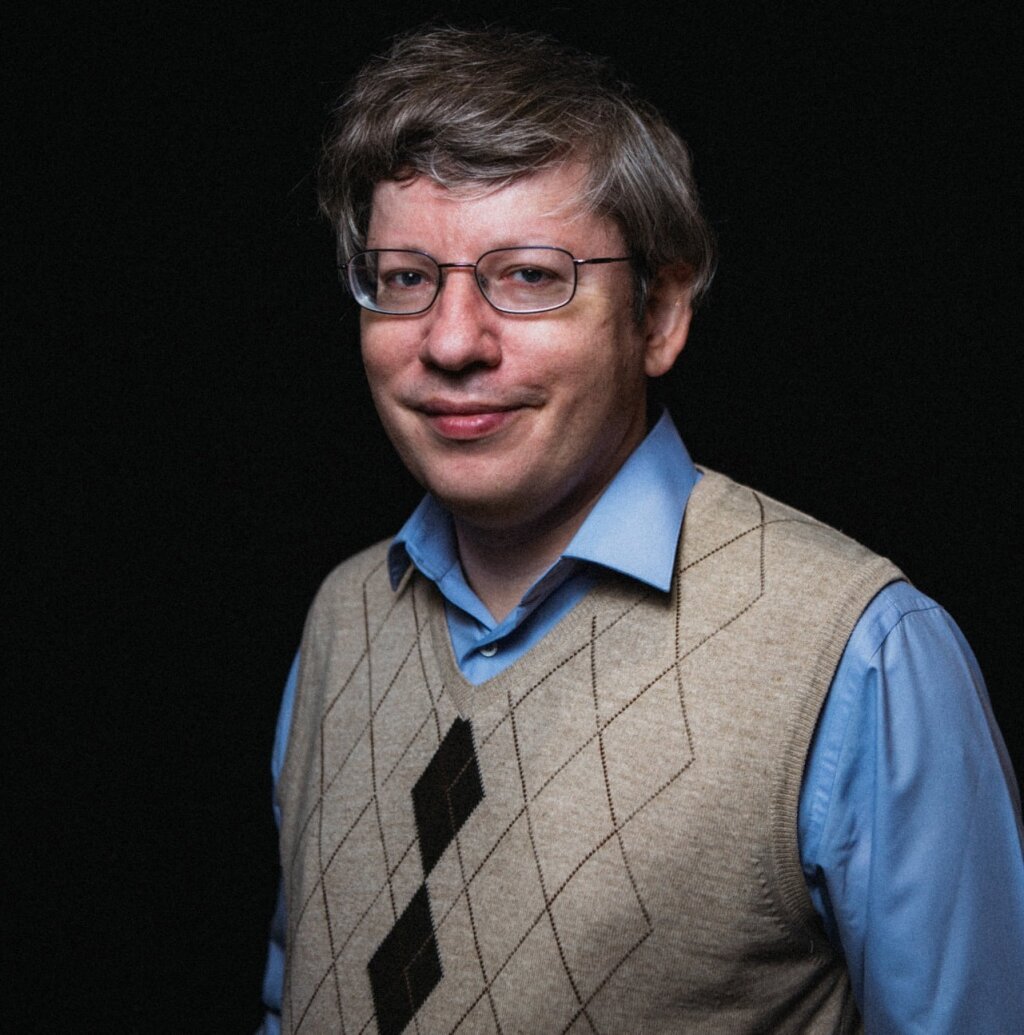For more than 200 years, texts written in Russian by Ukrainians were a part of Ukrainian culture – or were not. The integration of Ukraine into imperial structures meant that Russophone writers assumed a double identity, local and “all-Russian” or “all-Soviet”. Mykola Hohol, also known as Nikolai Gogol, is the most famous, but by no means a unique example. This lecture will explore the evolution of this identity: How did it emerge? Why at certain times were Russophone writers considered to be Ukrainian, and at others only Russian? How has their self-identification changed? And, last but not least, why did the Russophone literature of independent Ukraine become and then cease to be an integral part of Ukrainian culture?
Watch the event recording on YouTube here.
Mykhailo Nazarenko is Assistant Professor in the Department of East Slavic Philology and Practical Information Studies at the Educational and Scientific Institute of Philology of Taras Shevchenko National University of Kyiv. His forthcoming book is Taras Shevchenko in Memoirs: A Critical Edition (Krytyka). Some of his previous books include Besides "Kobzar": An Anthology of Ukrainian Literature, 1792-1883 (Laurus 2021), which received the Taras Shevchenko National University of Kyiv award, Buried on a Mound: Shevchenko in Folklore and Fakelore (Krytyka 2017), and Taras Shevchenko: The Critical Reception (Krytyka 2016). He has published articles in scientific journals, collections, and literary magazines in Ukraine, France, Poland, Russia, Serbia, and the United Kingdom. He has edited and annotated Ukrainian and Russian translations of works by Susanna Clarke, John Crowley, Arthur Conan Doyle, Neil Gaiman, Alan Moore, and Terry Pratchett. In 2022 he was awarded a scholarship from PEN Ukraine, and in 2018 he served as a Visiting Lecturer at Comenius University in Bratislava, Slovakia. He is on the Expert Council of the Ukrainian Book Institute.

